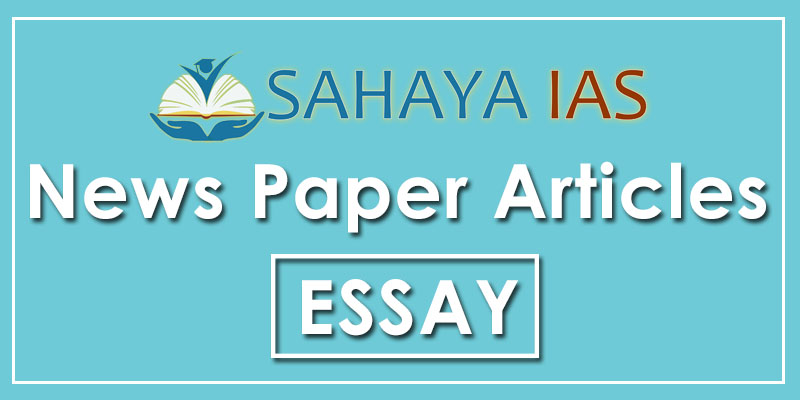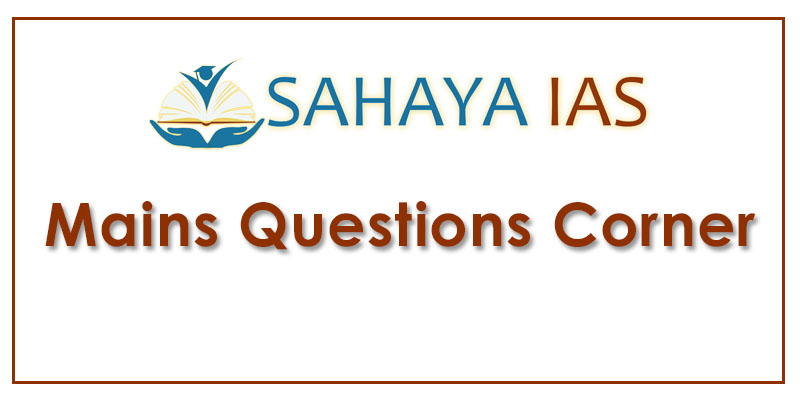Snooping or saving?-Proposed rules for online monitoring should balance legitimate interest with privacy
- Laws seeking to regulate online activity, especially on social media, will have to be tested against two fundamental rights: free speech and privacy.
- Regulations that abridge these rights tend to operate in both positive and negative ways.
- Two official documents, one of them a draft proposal, that seek to introduce changes in the way rules for interception and monitoring of computer-based information are applied have caused a furore.
- The first was an order authorising 10 agencies under the Centre to implement Section 69(1) of the Information Technology Act, as amended in 2008, which allows interception, monitoring and decryption of information transmitted through or stored in a computer resource.
- The other is a draft proposing changes to the rules framed in 2011 for “intermediaries” such as Internet and network service providers and cyber-cafes.
- While the order listing 10 agencies does not introduce any new rule for surveillance, the latter envisages new obligations on service providers.
- A critical change envisaged is that intermediaries should help identify the ‘originator’ of offending content.
- Many were alarmed by the possibility for surveillance and monitoring of personal computers that this rule throws up.
- The government has sought feedback from social media and technology companies, but it appears that even services that bank on end-to-end encryption may be asked to open up a backdoor to identify ‘originators’ of offending material.
- While the exercise to regulate online content is necessary, it is important that while framing such rules, a balance is struck between legitimate public interest and individual rights.
- And it will be salutary if judicial approval is made an essential feature of all interception and monitoring decisions.



Comments (0)